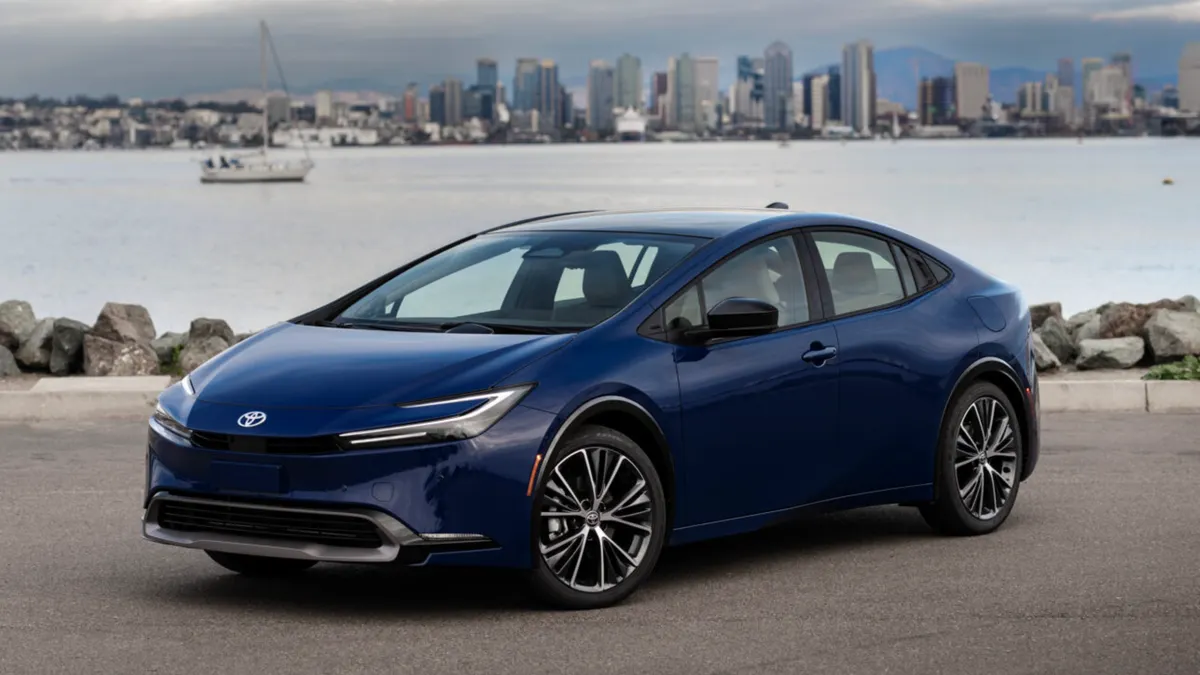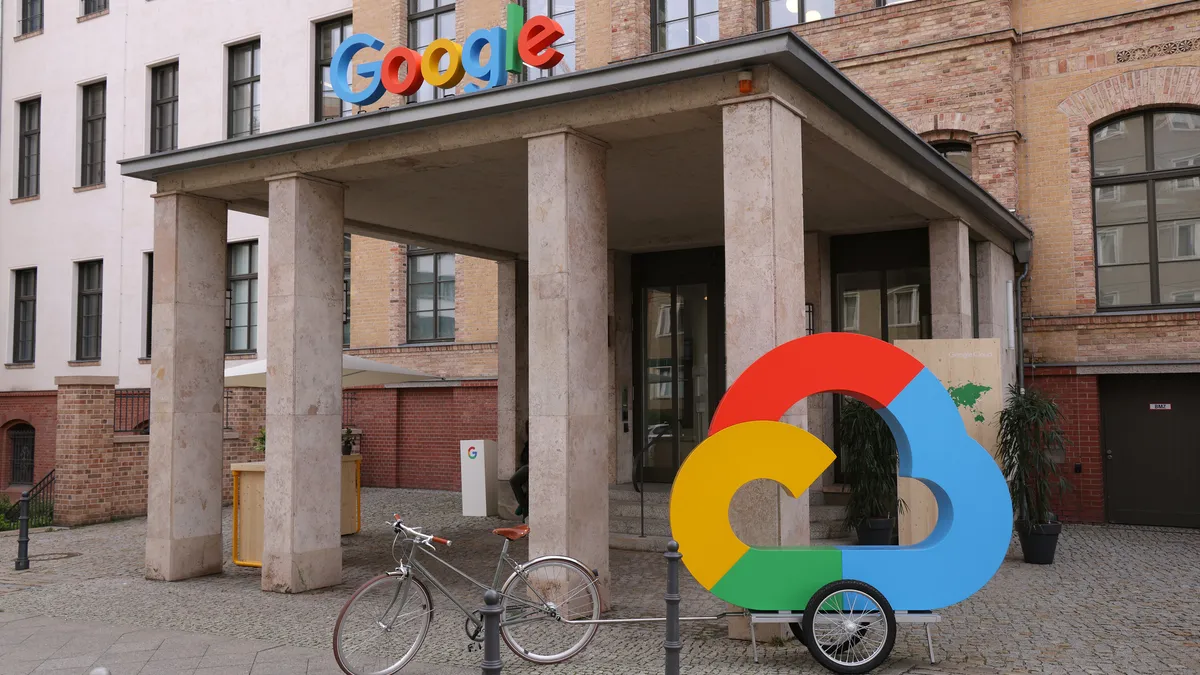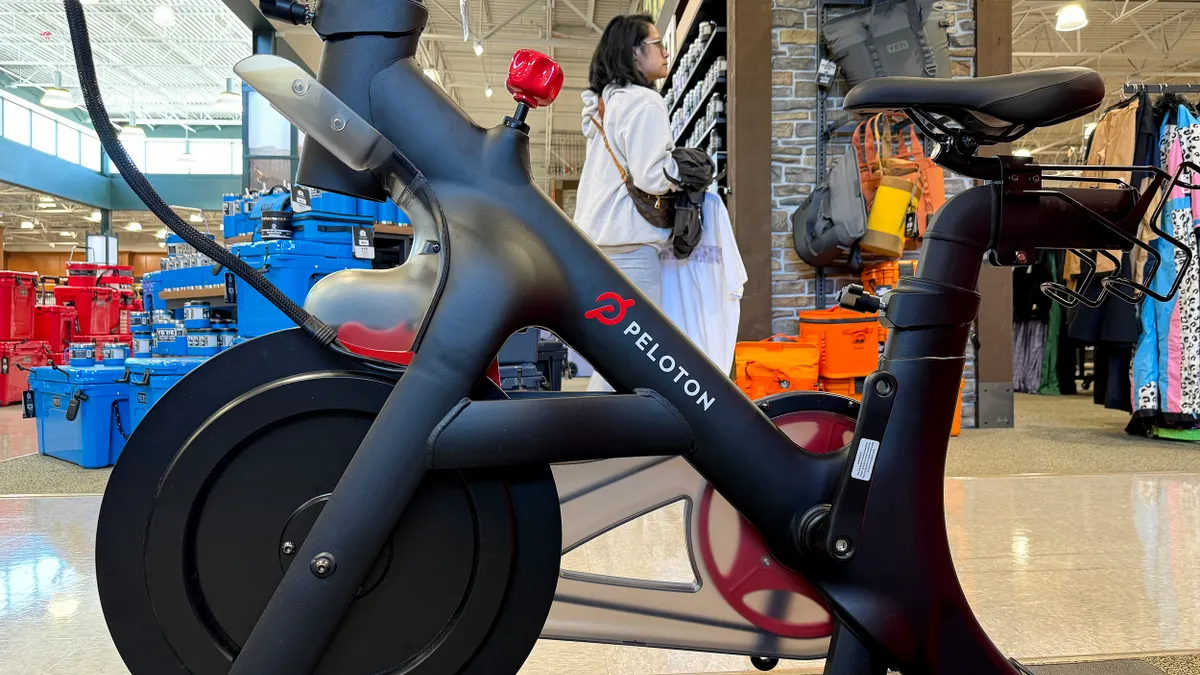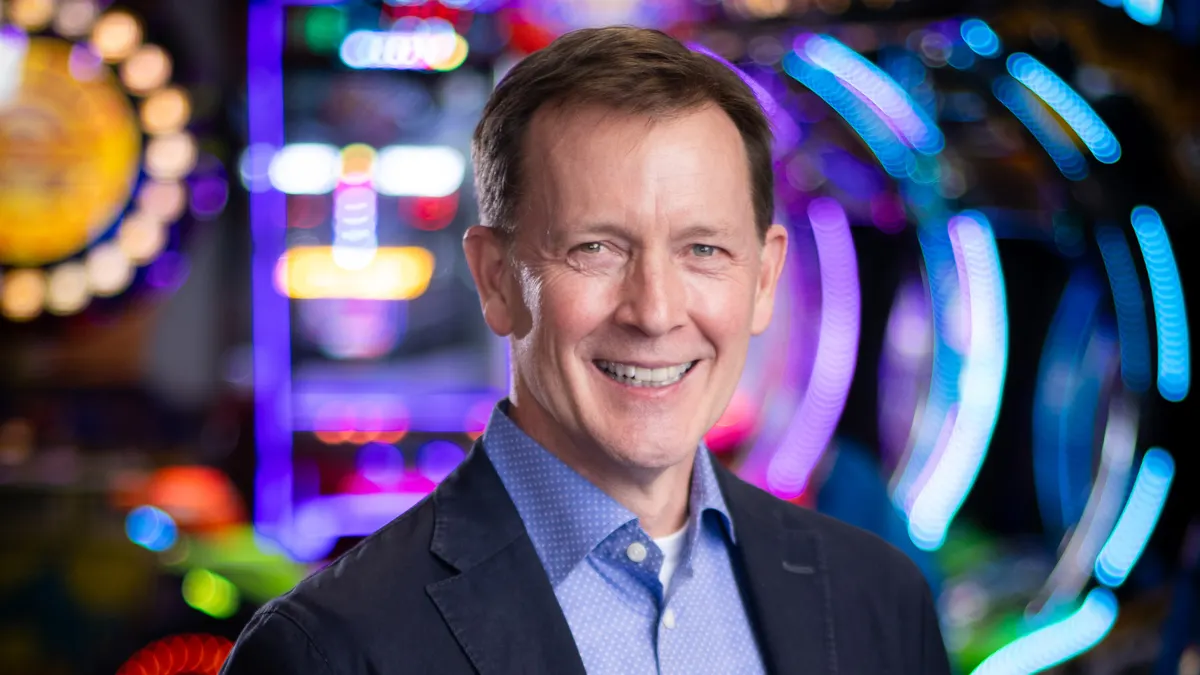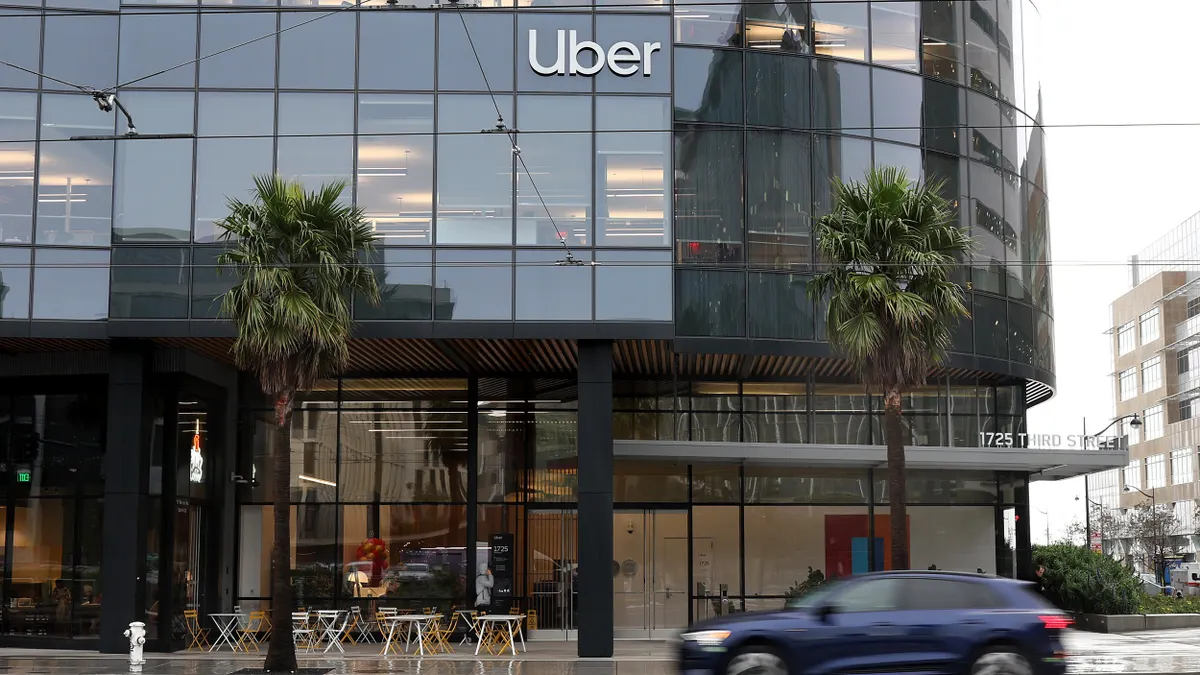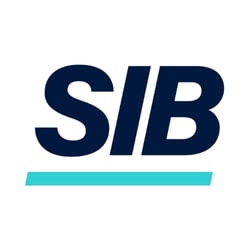In February of 2019, Dun & Bradstreet, a corporation best known for its Data Universal Numbering System (DUNS numbers), which generates business information reports for more than 100 million global companies, experienced two big changes. The first: after nearly 60 years as a publicly traded company, it went private. The second: it hired Bryan Hipsher as CFO.
Hipsher arrived from fintech Black Knight, which spun out from global banking fintech, FIS. He came on board right as the company retired its ticker, DNB, and removed itself from the marketplace in an effort to revitalize its strategy.
Last month, less than a year and a half after Hipsher began, Dun & Bradstreet reemerged on the public marketplace, filing an IPO in July on the reopening of the NYSE. According to IHS Markit, Dun & Bradstreet's offering, at $1.7 billion, is the year's biggest technology IPO.
Hipsher, who is responsible for overall financial management, controllership, treasury, investor relations, FP&A, reporting, and capital allocation strategy, played a key role in executing the virtual listing, even amid the pandemic.
Auspicious beginnings
Hipsher said Dun & Bradstreet had "kind of gone through a period of stagnation," as the reason for the brief foray into being a private company.
"It changed CEOs a few times, and 18 of 19 key executives were new," Hipsher said. "We improved the operating profile in a relatively short period of time, and we got through a lot of the risky components of reorganization. That's what led us to ultimately come back into the public markets."
In August 2018, Dun & Bradstreet announced a group of investors led by CC Capital, Cannae Holdings and Thomas H. Lee Partners would be acquiring the company for $5.4 billion.
Dun & Bradstreet shareholders received $145 cash for each common share, as reported by CNBC. Following the merger, it became a privately held company. The deal value was based on 37.1 million shares outstanding, according to calculations by Thomson Reuters.
Hipsher characterizes the return to the public marketplace as "a really massive transformation with a lot of success early on."
The long-time public company went private in February 2019, right as Hipsher came aboard. D&B, Hipsher said, was a big company; Moody's and Cognizant had both spun out of it.
"It was infrastructure built for a $10 billion company, but when we took it over, revenue was closer to $2 billion," he recalls. "It was highly matrixed and highly siloed; that was a lot of the heavy work we did early on."
With his team, Hipsher began to see growth in the 3rd and 4th quarters of last year. "That's when the core engine really started to turn, and when it got more efficient from the cost side," he said. "And it wasn't purely valuation; this was a business in the public market for 50 or 60 years. What we saw when we took it private was exactly that."
But the changes he and his team were making carried considerable risk. "We knew it had a beautiful, deep, strong brand name," he said. "We work with 90% of the Fortune 500. It had this market leadership on the commercial credit side. So those core changes are a bit more risky. That's why it made more sense to do it in a private environment."
Returning to the trading floor
As the company got through the riskier portions of its transformation, they began looking to return to the public sector.
"When the pandemic started to come into play, that gave us confidence," he said. "D&B has a defensible growth/revenue model, and we're more mission critical in times like these. It's an asset, and we felt it'd be valuable to public investors."
The process of actually going public, Hipsher says, ended up being significantly easier than it would've been in non-pandemic times.
"Rather than a seven-day roadshow, where it's two days in Manhattan, or flying off to Boston or Baltimore, then the Midwest, then Colorado ... that's a lot of time on planes, trains and automobiles," he said. "And we were able to shift to work from home, as a firm, very quickly. Video meetings were extremely efficient; we could get a massive amount of investors in a very short period of time. When you weigh the benefits and detriments certainly there were some really positive things to having those efficiencies."
Hipsher calls the IPO listing on the New York Stock Exchange on July 1 a "beautiful experience."
"It was very special to experience that from the CFO seat," he said. "We were very well-prepared, and it was one of those extraordinary experiences."
Hipsher said companies typically have a very short amount of time to enjoy a successful IPO and soak it in. "Frankly, I have 45 days to file my 10-Q," he said. "So we went from S-1 and the IPO into quarterly cadence. We just had our earnings call last Thursday, so it got moving pretty quickly."
Business has continued to perform as expected as a newly public entity, Hipsher said. "We talk about a lot being engaged, and really understanding and working within the business, so when we do come up on quarter end, the level of prep isn't like cramming. We're really absorbing information," he said. "It's reflecting on all the fantastic work our operations, products, and sales team are doing."
Hard work pays off
Putting in the level of effort, work, time, and sacrifice to see it come out the way it did was "pretty rewarding," he said. "We also know we're not done. The transformation's not done; we're in the sixth inning. There's a lot of opportunity ahead of us."
That's the exciting piece about being back on the public forum, Hipsher said: having that opportunity to show how we're progressing.
Because D&B has been public before, even during its private period, it still operated like a public company, he said. Its leadership team is used to being able to report and work through quarterly earnings seamlessly.
As he reflects back on the IPO experience and D&B's whirlwind summer, Hipsher has a few pieces of advice.
"From a learning perspective, you really have to be clear, and have strong conviction in the team you're working with and the business you're supporting," he said. "That will come across whether you're in person or on video."
The reason people got excited about D&B, and had the conviction to support it, is its compelling story of transformation and rebirth, Hipsher said. "When you have such a strong company, you have the conviction to always be pushing forward."







